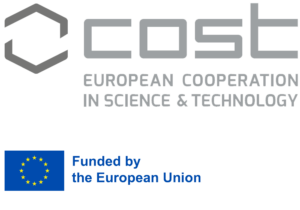We are pleased to announce that a second paper supported under our call for collaborative publications has just been published in the journal Social Sciences. The team was led by Paul Flynn and involved other members such as Vesela Radovic, Alen Mujcinovic, Štefan Bojnec and Francisco Simoes, as well as Veronica McCauley. Congratulations to all the team. Check the link below:
https://www.mdpi.com/2076-0760/11/8/362
Rapid Evidence Assessment Protocol for the Meta-Analysis of Initiatives, Interventions and Programmes That Target Rural NEETs
Abstract
![]()

